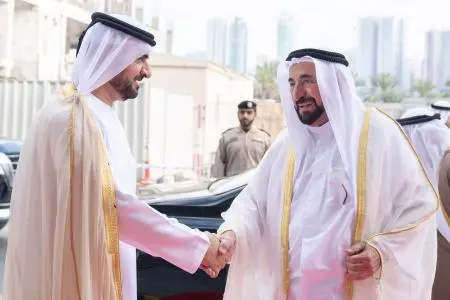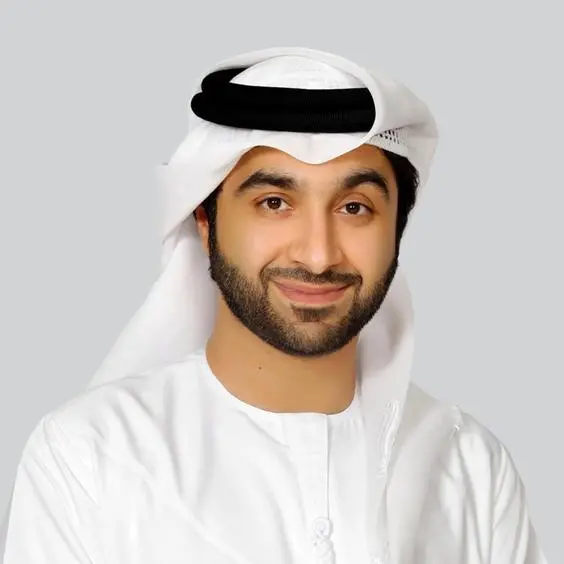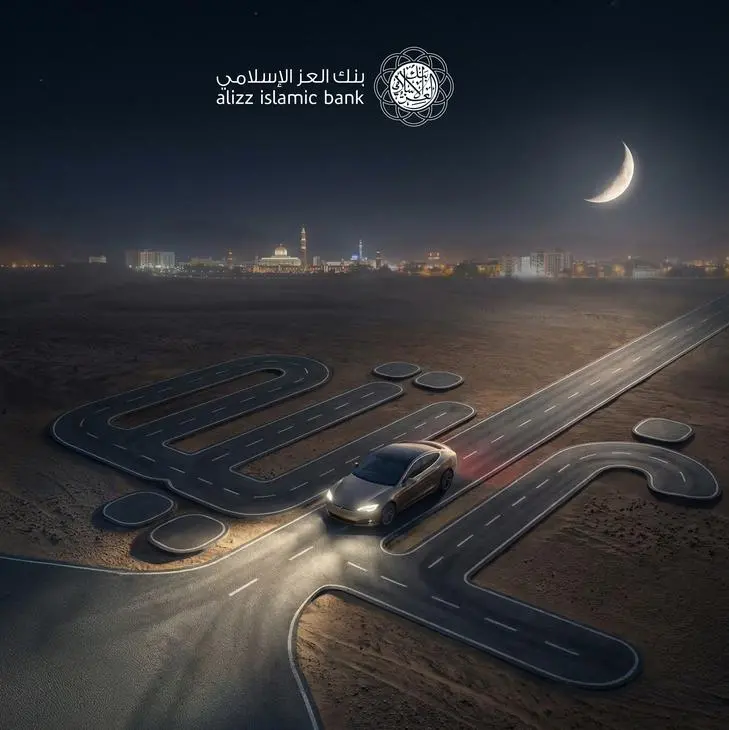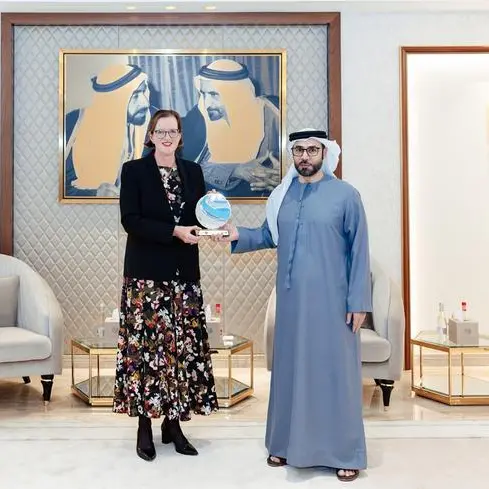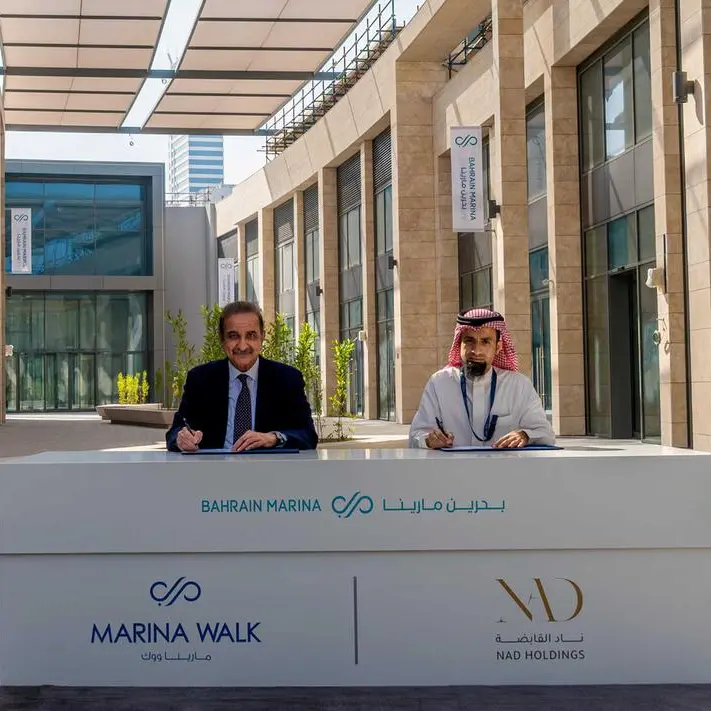PHOTO
- Goal of ‘beyond communication’ can be realised by replacing the methodology of classification with a communication culture as close to human beings as possible: Experts
His Highness Sheikh Dr Sultan bin Mohamed Al Qasimi, Supreme Council Member and Ruler of Sharjah, signalled the start of the ninth edition of the International Government Communication Forum (IGCF 2020) today (Wednesday) in Sharjah, saying delivering ‘communication for the public’ has been at the heart of Sharjah’s 40-year cultural project.
“Forty years have lapsed since Sharjah’s cultural project began. This project hasn’t been written but rather has been in the form of oral guidance. I haven’t written a single letter instructing people on what to do. Our leading cultural, scientific and artistic developments and achievements – this global forum, for instance – have been outcomes of participatory dialogue and open government–citizenry communication. I call this ‘popular communication’,” said HH Sheikh Dr Sultan Al Qasimi, in his address to the two-day forum.
Emphasising that the Emirate set out on a journey to design and implement a public communication programme in 2010, the Sharjah Ruler said, “it is time to uncover the truth.”
“Communication for the public is supposed to serve people. Its objectives are, therefore, very different from communication adopted by entities not serving people. It must be directed towards informing people, encouraging dialogue, bringing positive changes in fields of health, education and security, and making the delivery of public services more transparent and effective through the use of right channels of communications,” he added.
The Sharjah Ruler emphasised that accountability for the success of public communications lies with multiple stakeholders from across various sectors, not just the government. “People in charge of internal and external communications in companies, journalists, PR professionals, website designers, media figures will together carry out these responsibilities,” he pointed out.
“Communication’s core function is that of an enabler. Good communication accompanies people to be able to enjoy various public services and enhance their lives. Sharjah has achieved this,” stressed the Ruler of Sharjah.
Sheikh Sultan bin Ahmed: We are committed to strengthening the culture of ‘holistic communication’
“Why is there a pressing need to transform the role of government communication from a one-way message delivery service to a two-way and participatory process?” asked Sheikh Sultan bin Ahmed Al Qasimi, Chairman of Sharjah Media Council (SMC), noting that the multifaceted challenges governments face around the world in health, environment, security and cultural sectors because of media spreading misinformation or fabricated news has affected the trust between them and their people.
“Through our years of research here in Sharjah, we have sufficiently established that communication is a key enabler of trust between governments and the governed, and a strategic driver of sustainable development. We need to incorporate mechanisms that will generate faster responses from government to the public, between people from different cultures and between governments, globally.
“We in Sharjah are committed to creating more opportunities for interactions between the government and our people, and strengthen the culture of ‘holistic communication’. This is why, at this forum, you will hear from experts and stakeholders across sectors and from a diversity of fields, not just from government representatives,” Sheikh Sultan bin Ahmed added.
He hailed the efforts and leadership of the Sharjah Ruler for having transformed the Emirate over the past five decades into a regional hub for cultural advancement and furthered its pioneering experience in cultural communication.
Prince El Hassan bin Talal: We can only incorporate a culture of ‘beyond communication’ by being as close to the human being as possible.
In a recorded message played at the event, HRH Prince El Hassan bin Talal, President of Arab Thought Forum (ATF), thanked HH Sheikh Dr Sultan bin Mohamed Al Qasimi, and said the forum plays an instrumental role in strengthening stability across the Arab region.
Prince El Hassan bin Talal added: “We are witnessing the post-communication age, which aims to envision the future through a review and assimilation of the past. The internet has become powerful enough to cross borders, take down national powers and overthrow local traditional laws. It is redefining concepts of fear, love, hate, sympathy, learning, education, knowledge, success and failure.”
He emphasised that the future of post-communication depends on the ability to think, act and communicate in a different way, as well as to have a global perspective and a universal culture.
With a word pun on ‘message’, he drove home the important role of media in communicating transparently and effectively. “Media is the ‘massage’ that will bring comfort to all existing tensions, hunger, fear and other vulnerabilities. Also, we must let go of our differences to be governed by our commonalities. I say, making these commonalities our strength, let’s establish common respect and active interactions between the official and the citizen, breaking away from bureaucratic structures of governance and establish positive knowledge systems.”
Prince El Hassan bin Talal concluded: “We can only incorporate a culture of ‘beyond communication’ by changing our methodology of classification to a holistic methodology, that is, be as close to society – to the human being – as possible. We must move away from talking about the crises triggered by humans in the past, to look at a future that is holistic, inclusive, positive and human centric.”
Talal Abu-Ghazaleh: Internet offers the world a level playing field. We can change the future of the Arab world by harnessing its power
Talal Abu-Ghazaleh, Chairman and Founder of the Jordan-based the Talal Abu-Ghazaleh Global, began his address, saying “I will not deliver a speech, I will share my life experiences,” and brought key lessons he learnt from his teachers and mentors and leaders through his formative years.
His leaders taught him that, “Everything imagined by the human brain can be realised. This is a fact, which has been proved by human history. Also, circumstances do not make a human being but helps them discover their true potential.”
The godfather of Arab accounting also emphasised that, “AI will govern our future, change our lives and every detailed aspect of it. The more you learn, the more you know how much you don’t know. Internet is the only equal universal platform in the world. It is where everyone is offered a level playing field. We can change the future of the Arab world by harnessing the power of the internet to learn, educate, generate awareness, hold dialogue and strengthen cultural exchange and fraternal relations.”
His last comment, “I was taught that love is the strongest weapon. It’s the most contagious disease, more than Coronavirus,” generated a good laugh in the audience.
Juan Santos: I rebuilt my nation in 30 years through strategic communication
HE Juan Santos, President of the Republic of Colombia (2010-2018) and 2016 Nobel Prize laureate, delivered a speech in which he discussed the role of reputation management in the development of countries and governments worldwide. He pointed out that Colombia witnessed significant developments after the adoption of development strategies and plans to bolster its reputation.
HE said: “We had to rebuild the reputation of our country and we did it. We promulgated a new Constitution and drove many reforms at inclusive vibrant levels. We faced all of our failures over the past 30 years, drawing on the political will, the capability to change and the firm belief that it is crucial to create the right conditions for change.”
HE added: “We received public support thanks to the strategies we implemented, and this is the most important factor in the bilateral communication between the government and the public. If the people did not listen to what the government had to say, they will not be able to give the needed feedback and perceptions to achieve the objectives. We deepened our understanding of the critical role of journalism and media. Colombia became the rising star of South America and we achieved peace which was way harder than waging wars. We increased the economic development rates and we were able to achieve what many thought was impossible.”
Michio Kaku: The fifth revolution is the revolution of the mind
Dr. Michio Kaku, bestselling author and Theoretical Physicist and Futurist, talked about ways to fully harness full potential of the human mind, saying it was the most powerful force in the universe. “The human mind has moved rivers and mountains, created cities in the desert, but by itself the mind is powerless. It has to communicate, it has to engage, it has to share knowledge.”
“This is where governments come in,” Kaku continued, saying, “government communication between people and the government, between scientists and policymakers, will create the next revolutions. We all know about the four revolutions. The fifth one is the revolution of the mind. Soon, we will exchange messages through the human brain, mentally, in seconds. What is the future of the internet? It is brain-net. We will eventually be able to share memories and emotions via technology.”
“I often ask myself this question, why are some countries rich while others are poor despite having abundant natural resources. I have seen the difference, which is that in rich countries, the power of the mind has been unleashed collectively. These societies are rich in human ideas, those that envision a future and work towards realising it with governments and people sharing responsibilities.”
The bestselling author concluded by saying that government communications has the responsibility to fill their communities with hope and optimism.
The forum’s inaugural addresses included an insightful discussion with Priyanka Chopra Jonas, global superstar and activist, and an inspiring speech by HE Irina Bokova, Bulgarian politician and the former Director-General of UNESCO.
Organised by the International Government Communication Centre (IGCC), a subsidiary of Sharjah Media Government Bureau (SGMB), IGCF 2020 is held under the patronage of His Highness Sheikh Dr Sultan bin Mohamed Al Qasimi, Supreme Council Member and Ruler of Sharjah.
Around 64 global thinkers and communications experts representing a comprehensive cross-section of fields from 16 nations worldwide, are leading 57 events, discussions and workshops, focusing on four pillars: ‘Embedding a culture of engagement in government’, ‘Technology as a community enabler’, ‘Communication through culture’, and 'Holistic well-being'.
-Ends-
© Press Release 2020Disclaimer: The contents of this press release was provided from an external third party provider. This website is not responsible for, and does not control, such external content. This content is provided on an “as is” and “as available” basis and has not been edited in any way. Neither this website nor our affiliates guarantee the accuracy of or endorse the views or opinions expressed in this press release.
The press release is provided for informational purposes only. The content does not provide tax, legal or investment advice or opinion regarding the suitability, value or profitability of any particular security, portfolio or investment strategy. Neither this website nor our affiliates shall be liable for any errors or inaccuracies in the content, or for any actions taken by you in reliance thereon. You expressly agree that your use of the information within this article is at your sole risk.
To the fullest extent permitted by applicable law, this website, its parent company, its subsidiaries, its affiliates and the respective shareholders, directors, officers, employees, agents, advertisers, content providers and licensors will not be liable (jointly or severally) to you for any direct, indirect, consequential, special, incidental, punitive or exemplary damages, including without limitation, lost profits, lost savings and lost revenues, whether in negligence, tort, contract or any other theory of liability, even if the parties have been advised of the possibility or could have foreseen any such damages.
